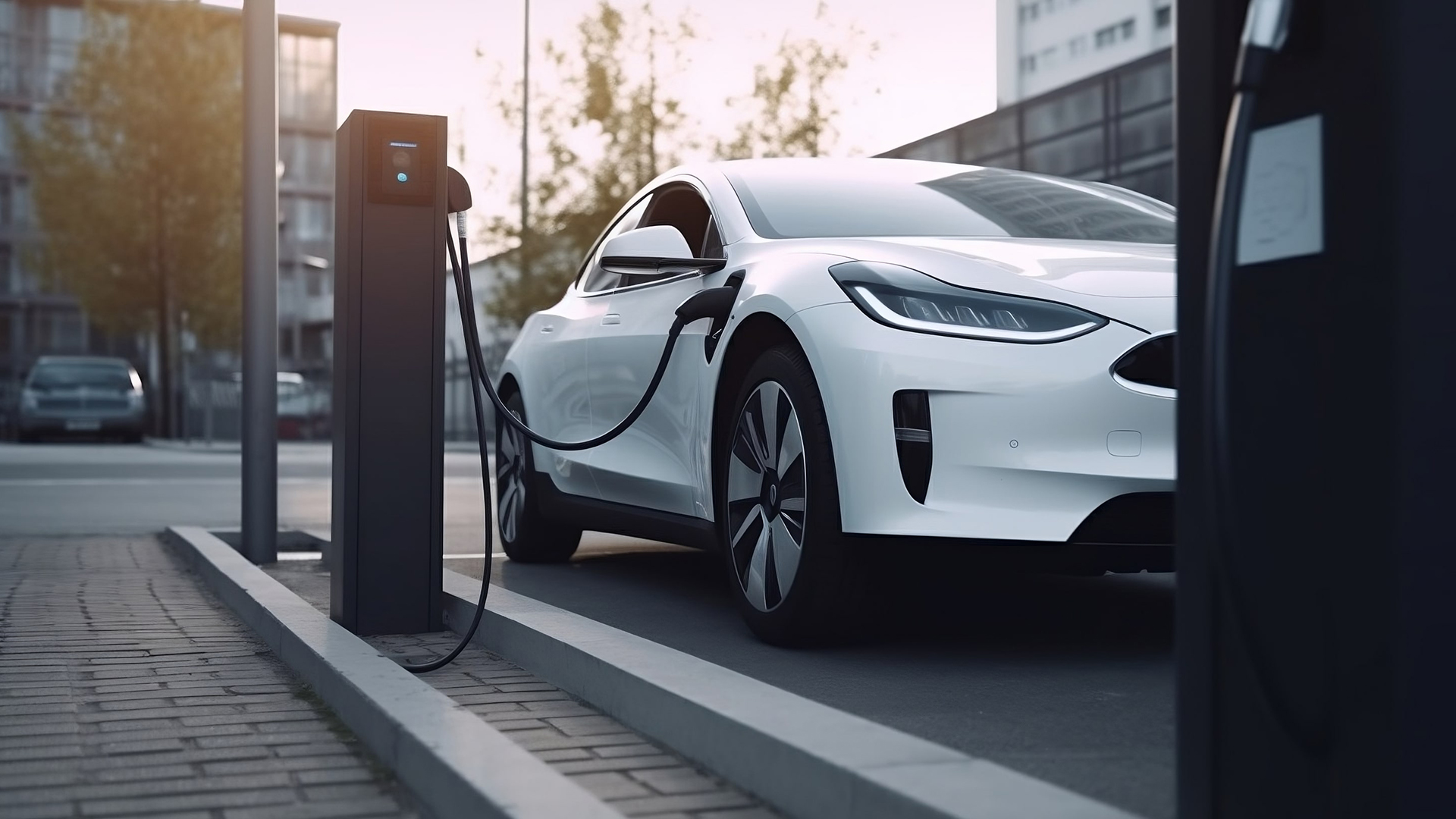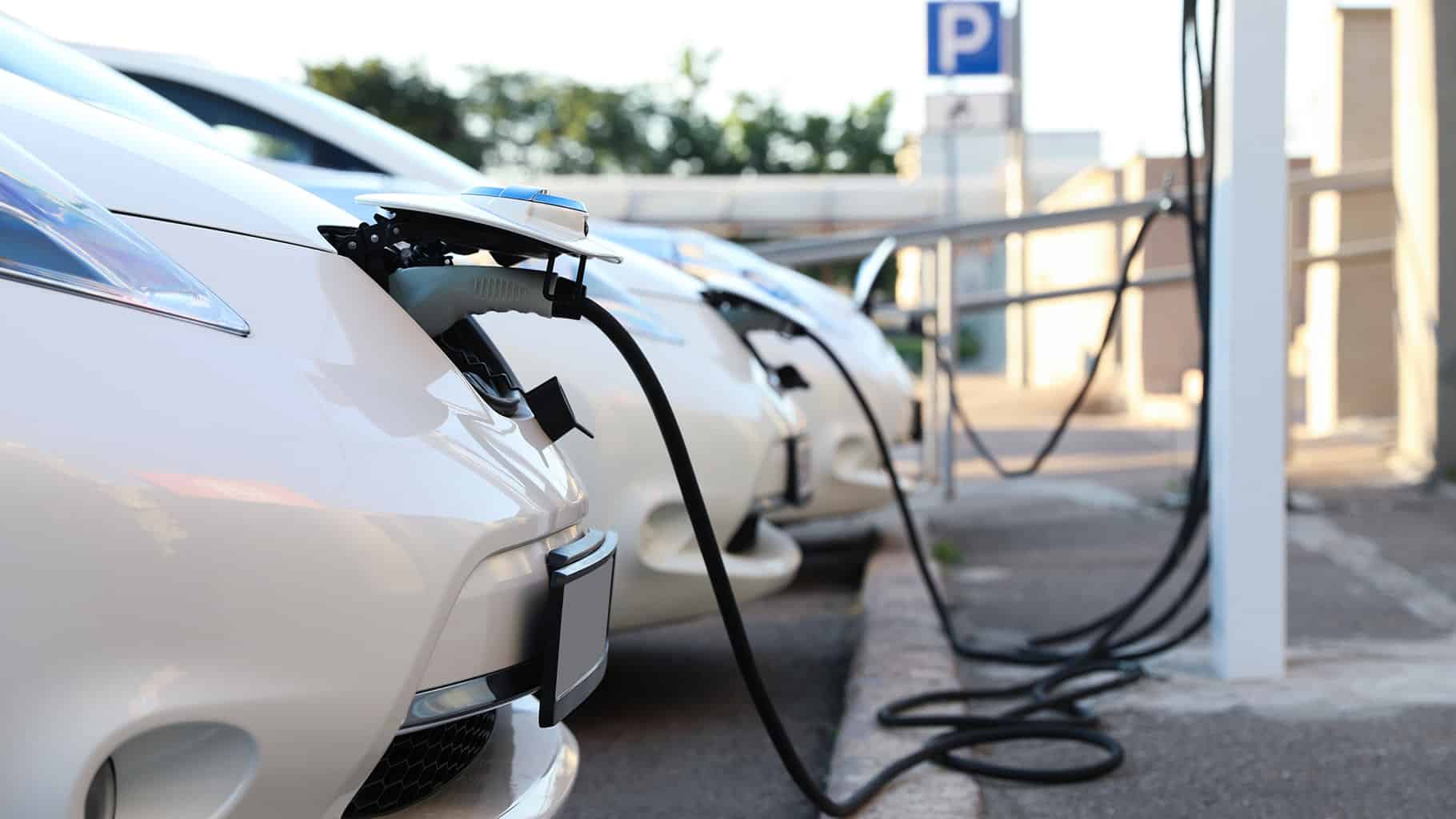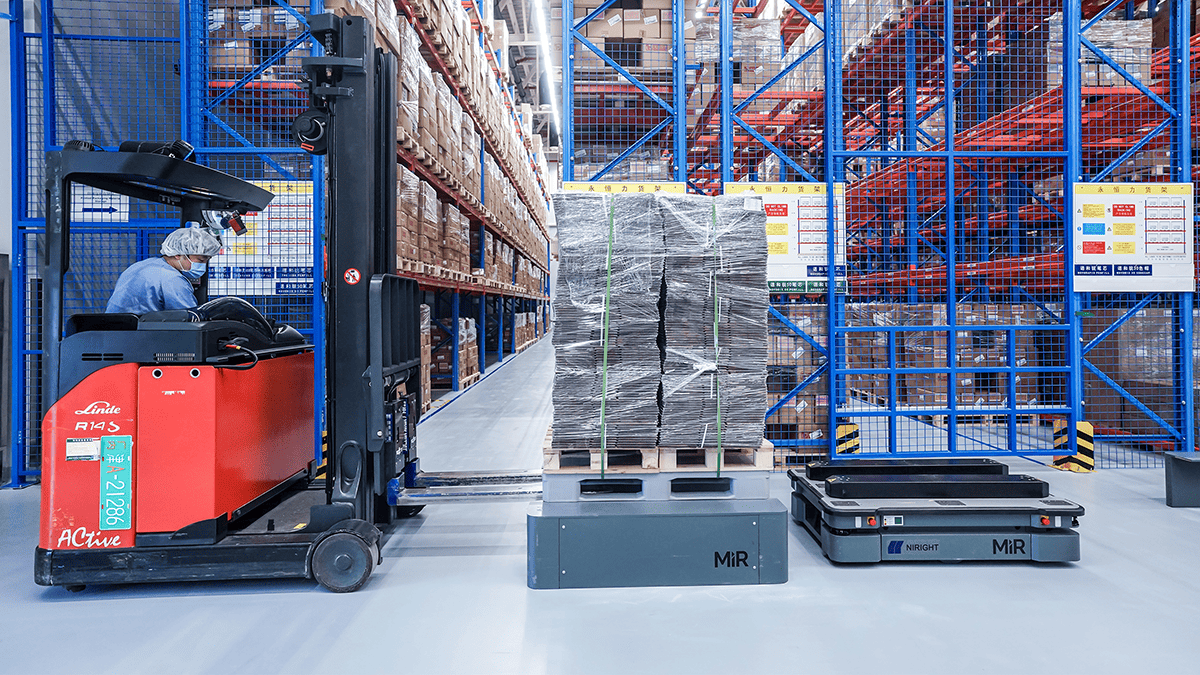The article delves into the multifaceted challenges encountered in the development of the United Kingdom’s EV charging infrastructure, shedding light on the intricacies of creating a robust ecosystem to support the burgeoning EV market. With over 57,290 EV charging points already in existence, the UK government’s ambitious target of reaching 300,000 charging points by 2030 underscores the pressing need for infrastructure expansion. However, this expansion faces hurdles such as aligning infrastructure growth with EV adoption rates and navigating bureaucratic obstacles in planning and approval processes. Moreover, strategic placement of charging stations, coupled with efforts to enhance user experience, emerges as pivotal considerations. Concurrently, the article examines supply chain challenges impacting the EV industry, ranging from lithium sourcing for batteries to logistical constraints affecting component delivery. Despite these obstacles, recent strides in expanding the EV charging network and streamlining supply chains demonstrate the UK’s commitment to fostering a sustainable transportation landscape. Collaboration among stakeholders, including government, industry, and consumers, is pivotal in surmounting these challenges and propelling the UK towards leadership in the global electric mobility transition.

The article outlines five primary challenges in the development of the UK’s EV charging infrastructure:
- The Expansion of Charging Points: Despite the current count of over 57,290 EV charging points, the mismatch between the growing number of EVs and the charging infrastructure is evident. The UK government’s ambitious target of reaching 300,000 charging points by 2030 highlights the gap that needs to be bridged.
- Balancing Infrastructure with Usage: The government is cautious about overinvesting in underutilized infrastructure, aiming for a public network that complements home and workplace charging options.
- Navigating Planning Obstacles: The installation of new charging stations often faces bureaucratic hurdles, requiring approvals from multiple entities which can delay projects.
- Strategic Location Placement: Addressing the uneven distribution of charging stations is essential, particularly in densely populated areas versus less populated regions.
- Improving User Experience: Enhancing the reliability and ease of use of charging stations, including streamlined payment methods and access to real-time station information, remains a priority.
Addressing Supply Chain Challenges for EV Adoption
The article also touches on supply chain issues affecting the EV industry, including the sourcing and pricing of lithium for batteries, the impact of rising interest rates on EV affordability, and logistical challenges that affect the timely delivery of essential components.
Recent Developments and Solutions
Recent efforts to expand the UK’s EV charging network and streamline the supply chain are critical steps toward achieving a sustainable transportation ecosystem. Innovations in charging technology, strategies for equitable infrastructure distribution, and improvements in supply chain efficiency can accelerate the adoption of electric vehicles, contributing to environmental sustainability and energy independence.
As the UK navigates these challenges, the collaboration between government, industry, and consumers is paramount. By investing in infrastructure, easing planning regulations, and fostering innovation in supply chain management, the UK can lead in the global transition to electric mobility.
Concluding: The Path to Sustainable Electric Vehicle Infrastructure in the UK
The development of the United Kingdom’s Electric Vehicle (EV) charging infrastructure presents multifaceted challenges and opportunities. Despite boasting over 57,290 existing charging points, the UK government’s target of 300,000 points by 2030 reflects the pressing need for expansion to support the surging EV market. Challenges include aligning infrastructure growth with EV adoption rates, navigating bureaucratic hurdles in planning processes, ensuring strategic placement of charging stations, and enhancing user experience. Additionally, supply chain issues, such as lithium sourcing for batteries and logistical constraints, pose significant hurdles for the EV industry. However, recent strides in expanding the charging network and streamlining supply chains demonstrate the UK’s commitment to sustainable transportation. Collaboration among government, industry, and consumers is crucial to surmounting these challenges and propelling the UK towards global leadership in electric mobility. By investing in infrastructure, easing planning regulations, and fostering innovation in supply chain management, the UK can accelerate the transition to electric vehicles, contributing to environmental sustainability and energy independence while enhancing the overall user experience for EV drivers.











